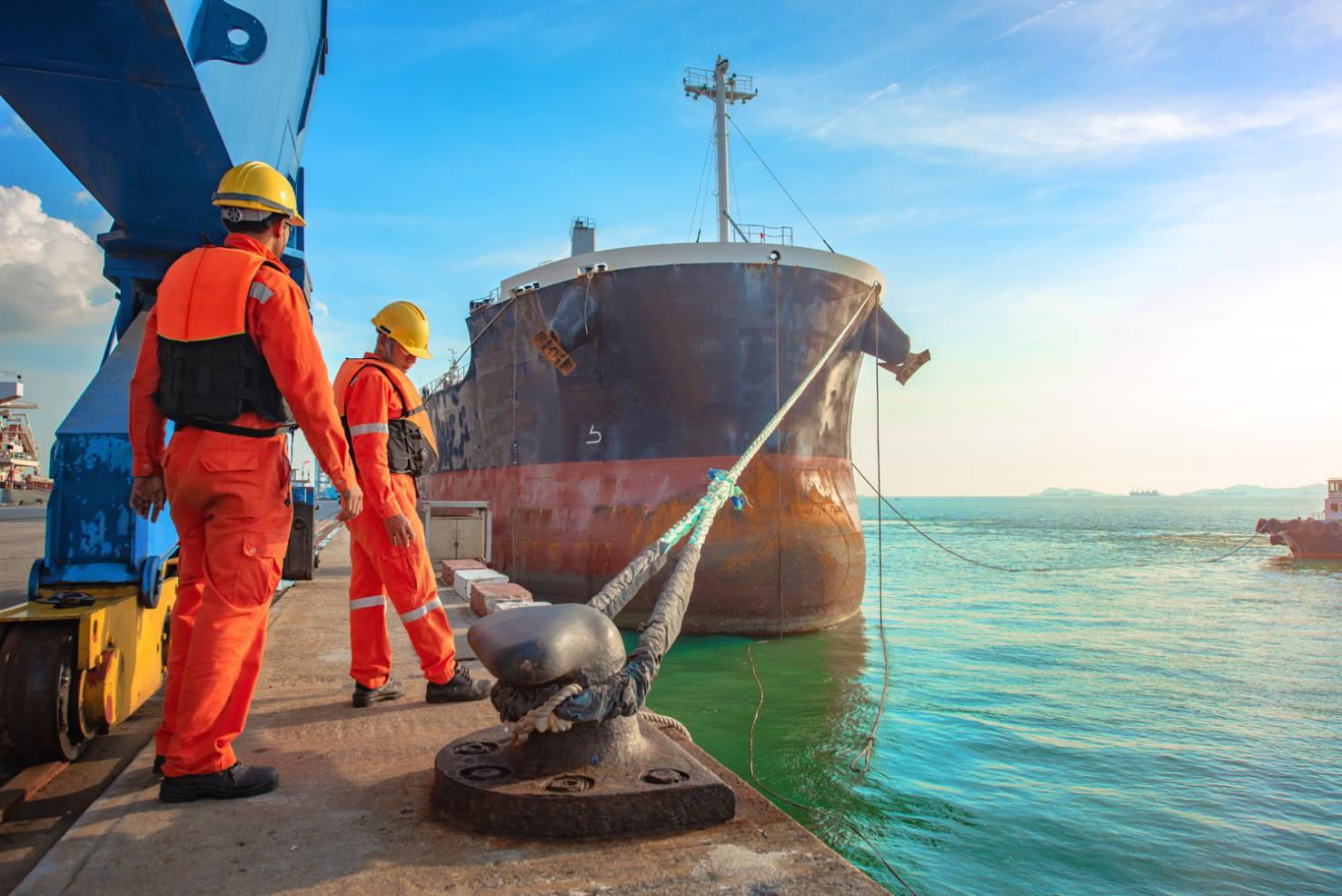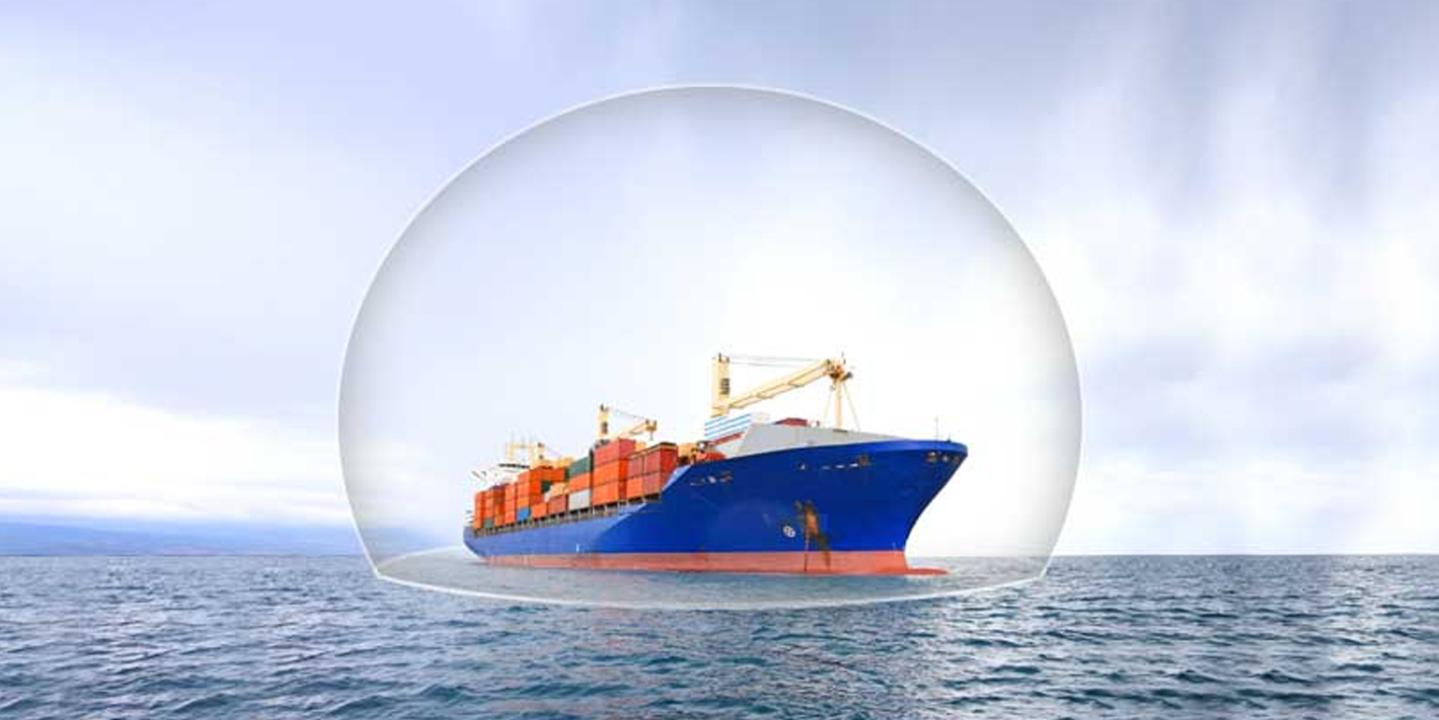What are the Different Types of Marine Insurance Policies?
Marine insurance is a specialized form of insurance that provides coverage for risks associated with maritime activities. It is designed to protect individuals and businesses involved in shipping, transportation, and other maritime-related operations from financial losses resulting from accidents, damage, or liabilities.

Importance Of Marine Insurance
Marine insurance plays a crucial role in the maritime industry. It provides peace of mind and financial security to vessel owners, shippers, carriers, and other stakeholders by:
- Protecting against financial losses caused by accidents, natural disasters, or other unforeseen events.
- Ensuring that maritime businesses can continue operating even after a covered loss.
- Facilitating international trade by providing a safety net for goods and vessels during transportation.
Types Of Marine Insurance Policies
There are several types of marine insurance policies available, each designed to cover specific risks and liabilities associated with maritime activities. The most common types include:
1. Hull And Machinery Insurance
Hull and machinery insurance provides coverage for the physical damage or loss of a vessel's hull, machinery, and equipment. It protects the vessel owner from financial losses resulting from accidents, collisions, groundings, or other perils.
- Benefits: Provides peace of mind and financial security to vessel owners.
- Common Exclusions: Wear and tear, mechanical breakdowns, and damage caused by intentional acts.
2. Cargo Insurance

Cargo insurance provides coverage for the loss or damage of goods and merchandise during transportation by sea. It protects shippers and carriers from financial losses resulting from accidents, theft, pilferage, or other perils.
- Types: Open cover, specific voyage, and floating policy.
- Factors Affecting Premiums: Type of cargo, voyage route, and value of the cargo.
3. Freight Insurance
Freight insurance provides coverage for the loss or damage of freight charges in the event of a covered loss. It protects shippers and carriers from financial losses resulting from accidents, delays, or other perils.
- Benefits: Ensures that shippers and carriers are compensated for lost or damaged freight.
- Common Exclusions: Delay, inherent vice, and intentional acts.
4. Liability Insurance
Liability insurance provides coverage for the legal liability of vessel owners and operators to third parties. It protects them from financial losses resulting from accidents, injuries, or property damage caused by their vessels or operations.
- Types: Protection and indemnity (P&I) insurance, marine employers' liability insurance, and passenger liability insurance.
- Importance: Protects vessel owners and operators from financial ruin in the event of a covered liability claim.
5. War Risks Insurance
War risks insurance provides coverage for the loss or damage of vessels, cargo, and freight resulting from acts of war, piracy, terrorism, or other politically motivated acts. It protects vessel owners, shippers, and carriers from financial losses caused by these perils.
- Types: Hull war risks, cargo war risks, and freight war risks.
- Factors Affecting Premiums: Voyage route, current political climate, and history of war or piracy in the region.
Factors Affecting Marine Insurance Premiums
The premiums for marine insurance policies are determined by several factors, including:
- Type of vessel or cargo.
- Voyage route and duration.
- Value of the vessel or cargo.
- Claims history of the insured.
- Current market conditions.
Choosing The Right Marine Insurance Policy
Selecting the right marine insurance policy is crucial for maritime businesses and individuals to protect their assets and operations. When choosing a policy, it is essential to:
- Consider the specific risks associated with your maritime activities.
- Compare quotes from multiple marine insurance providers.
- Ensure that the policy coverage meets your needs and requirements.
Marine insurance is a vital tool for managing risks and protecting financial interests in the maritime industry. By understanding the different types of marine insurance policies available and the factors affecting premiums, maritime businesses and individuals can make informed decisions to ensure adequate coverage for their vessels, cargo, and operations.
YesNo

Leave a Reply